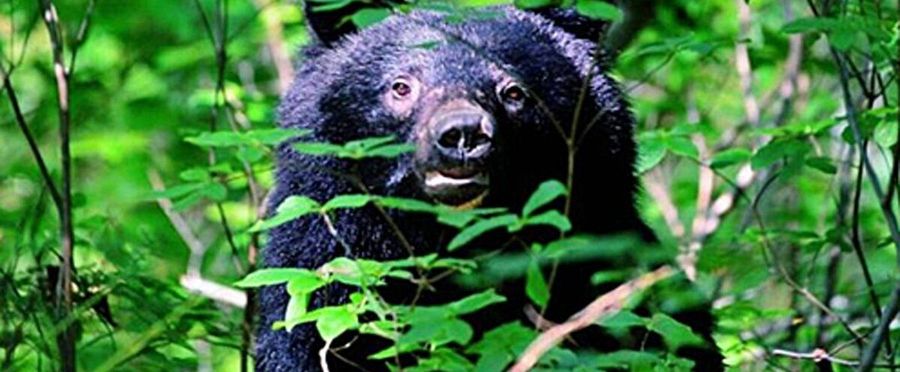Leading wildlife specialists have raised alarm over the increasing number of bear-related incidents in Japan. This surge is notably linked to food shortages in bear habitats, leading them to venture into human-populated areas. While this issue is not new, the frequency and potential danger of these incursions have ramped up recently, causing concern among local communities and environmental organizations alike.
In Japan, bear-related incidents become a serious concern, particularly during seasons when food in the wild is scarce. Public safety is a top priority, and authorities often take actions like issuing warnings or setting up traps. However, these incidents also reflect deeper environmental and societal complexities, such as urban expansion into wildlife habitats and the impact of climate change on natural food supplies.
In the U.S. or EU, human-animal conflicts are similarly handled with an emphasis on public safety. However, there's often more emphasis on wildlife conservation and creating cohabitation strategies. For instance, in certain parts of the U.S., conservation experts are working on bear-proofing residential areas and educating the public about living with wildlife.

